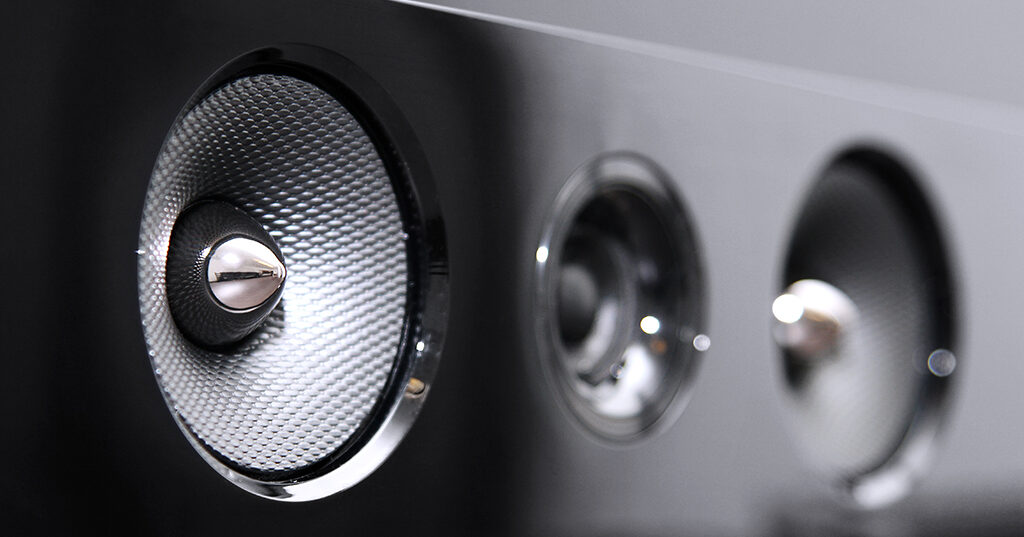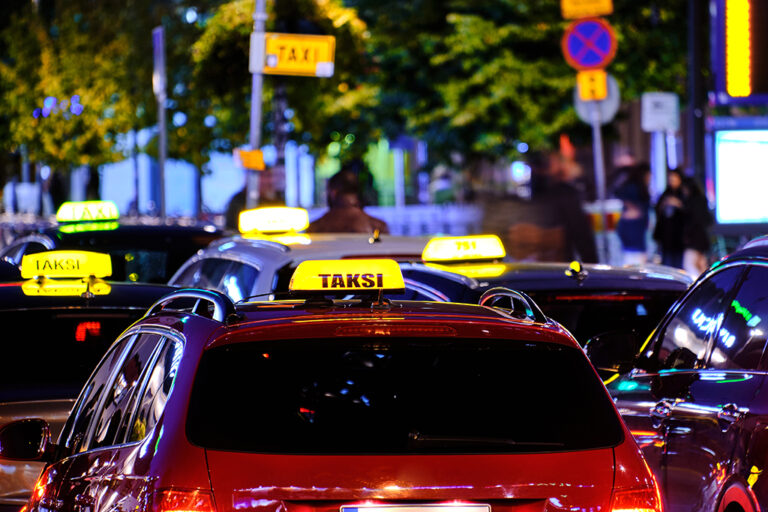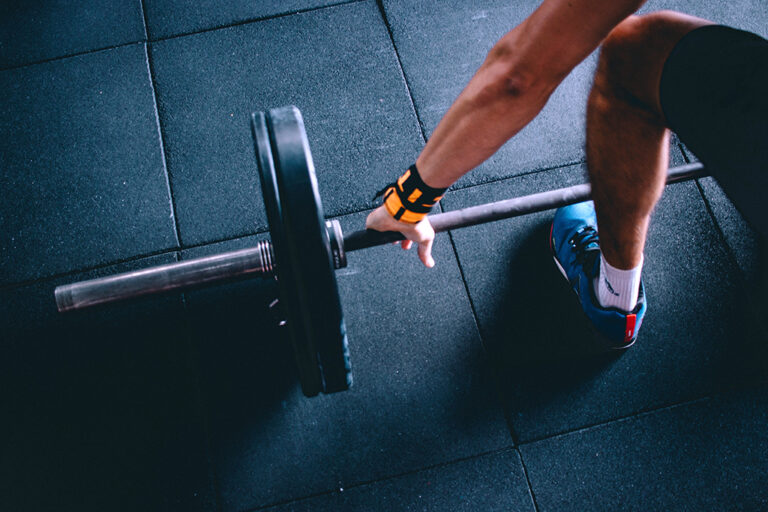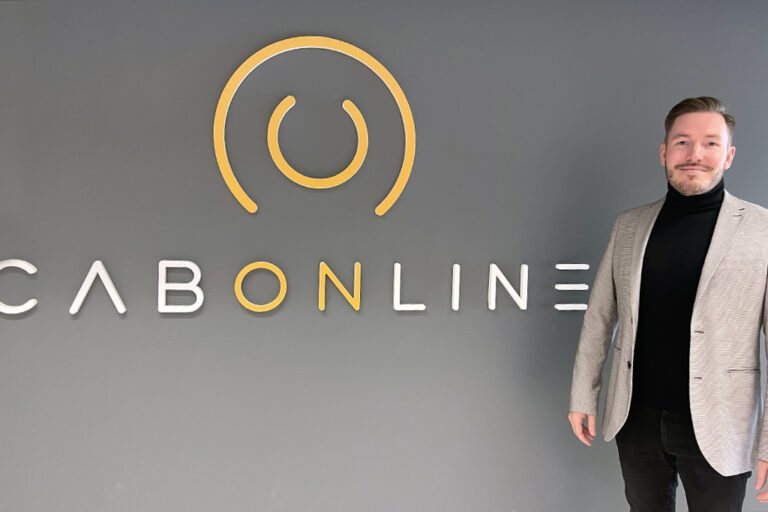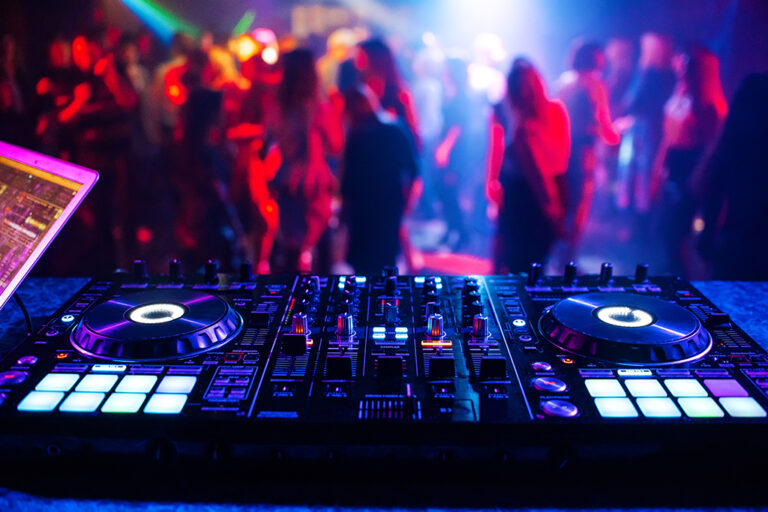
DJ licence and recording music: 11 frequently asked questions
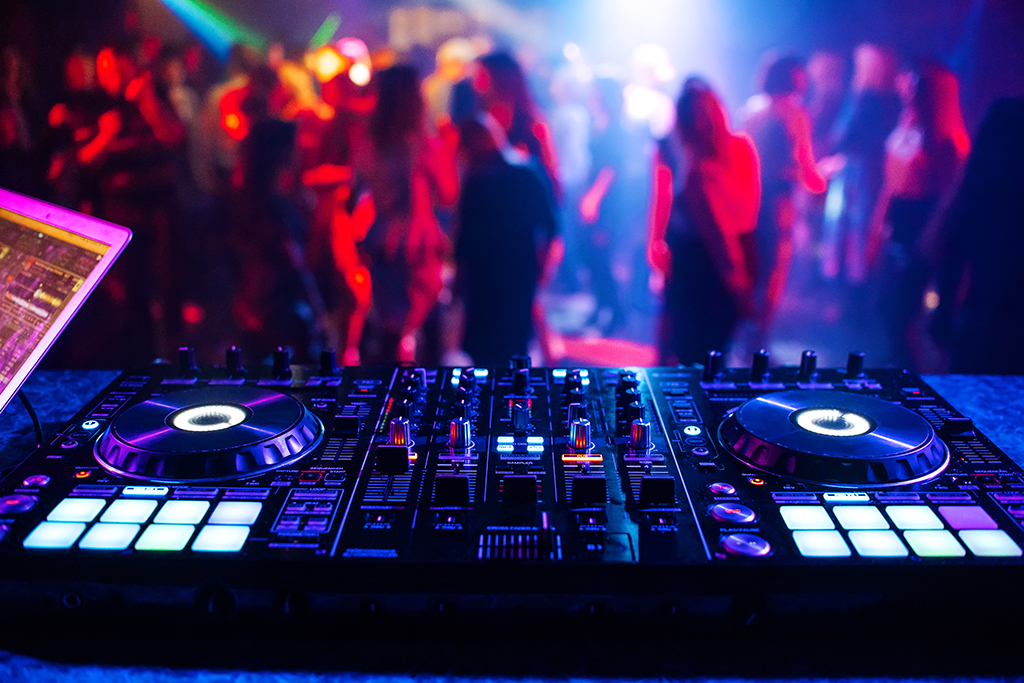
The DJ licence and its associated terminology about e.g. the recording of music generates plenty of questions and discussion. We put together the most frequently asked questions in one place: here is more information about the DJ licence and answers to the 11 most frequently asked questions.
1. What is a DJ licence?
A DJ licence is a personal reproduction licence, which allows a DJ playing music in public to copy and store music over and over again and to use privately purchased music at gigs and shows. It includes both Gramex and Teosto reproduction royalties.
A similar licence for other sectors is the Reproduction licence for a venue or personal reproduction licence.
2. What is the difference between the DJ licence and the dance music licence?
The DJ licence makes it possible to copy music across devices or from an online shop to a device. This licence or a similar recording licence is always required when copying songs for public use. DJ licences can be acquired by the restaurant or the DJ personally.
The dance music licence is an establishment-specific licence to perform dance music. When a DJ plays music at for example a nightclub, the club must have a valid Gramex dance music at a restaurant licence and a Teosto licence to use recorded music. Getting licences required for public performances is the restaurant’s responsibility.
3. I am about to play a DJ gig at a restaurant. What licences do I and/or the restaurant need and what else is required?
When a DJ plays recorded music as dance music, the restaurant must have a Gramex dance music at a restaurant licence and a Teosto use licence for recorded music in order to perform dance music. Getting licences required for dance music and recorded music and for public performances is the restaurant’s responsibility.
If you are a performing DJ who plays music bought online or stored on a device disk, you will need a DJ licence. The licence is a permit for re-recording music, meaning that it is needed whenever a new copy of a song is generated. The DJ licence can also be bought by the restaurant – in this case, you will not need a personal licence, but the licence only applies to the establishment in question.
By submitting a performance notification after the show you will ensure that the royalties go to the people who made the music you were playing. The notification is easy to make on the Teosto web or mobile service. You can find more information about the making of a performance notification and getting user credentials here.
4. I only play vinyl or CD records at my shows. Will I need this licence?
If you only play original recordings without making copies for playing, you will not need a DJ licence.
The establishment must however have a valid licence for the public performance of music. Please also file a performance notification in order to make sure the royalties go to the right people!
5. I will play a promotional recording at my show, will I need a DJ licence?
Playing promotional records does not require a DJ licence. You will need a DJ licence if you make copies or recordings of the record.
The establishment must however have a valid licence for the public performance of music.
6. I buy music via the Beatport and Denon/Pioneer service. Will I need a licence?
Whenever you store tracks or songs on any device, hard disk, or memory stick, you or the establishment must have a valid DJ licence.
If the music is streamed from the service you use without making copies on your device, you will not need a DJ licence. Always check with the streaming service you use if the terms and conditions allow public or commercial use. Be mindful that most services actually forbid this.
7. I save my music directly from an online store on a memory stick or device that I use for playing music at gigs. Will I need a licence?
Yes. When you buy a song online and store it on a device, a new copy is created. This requires a valid DJ licence.
8. I only play music from streaming services, do I need a DJ licence?
Songs played from streaming services do not get copied, so no DJ licence or recording licence is needed to use them.
However, make sure to check the terms and conditions of your used service: most of the more popular and widely used services are only intended for private use and their terms forbid their use at public events and for commercial purposes.
9. The terms and conditions of the music shop I use state that I can copy the music I buy for personal purposes without limit. Why do I need this licence?
You need a DJ licence because the public performance of music at a gig, restaurant, or other event is not personal or private use.
Personal or private use of music includes private listening at home, at a family event, or with friends.
10. How will Musiikkiluvat ensure that the licence royalties are paid out to the artists and musicians whose music I have played?
Musiikkiluvat pays out all royalties, including those from DJ licences and background music licences, to Teosto and Gramex. These royalty organizations will pay out the royalties to the music makers and performing musicians based on for example performance notifications. When you file performance notifications for every show, the artists will get their royalties.
11. I have promised to do a one-time gig at a restaurant that does not have a valid DJ licence. Will I need a licence for this one show?
If the event is public or open to all, you will need a licence. For one-time events, you can get the Reproduction licence (daily), which will allow you to store music to be used within 24 hours.
If you play records at family events, such as weddings or birthdays, that are not open to all, you will not need a music licence or a DJ licence. If the event is open for all or to those who buy a ticket, the establishment must have a valid music licence, and either you or the establishment must have a valid DJ licence.
It is easy to get a DJ licence from our online store. When your licences are in order, you can play exactly what you want without worry.
